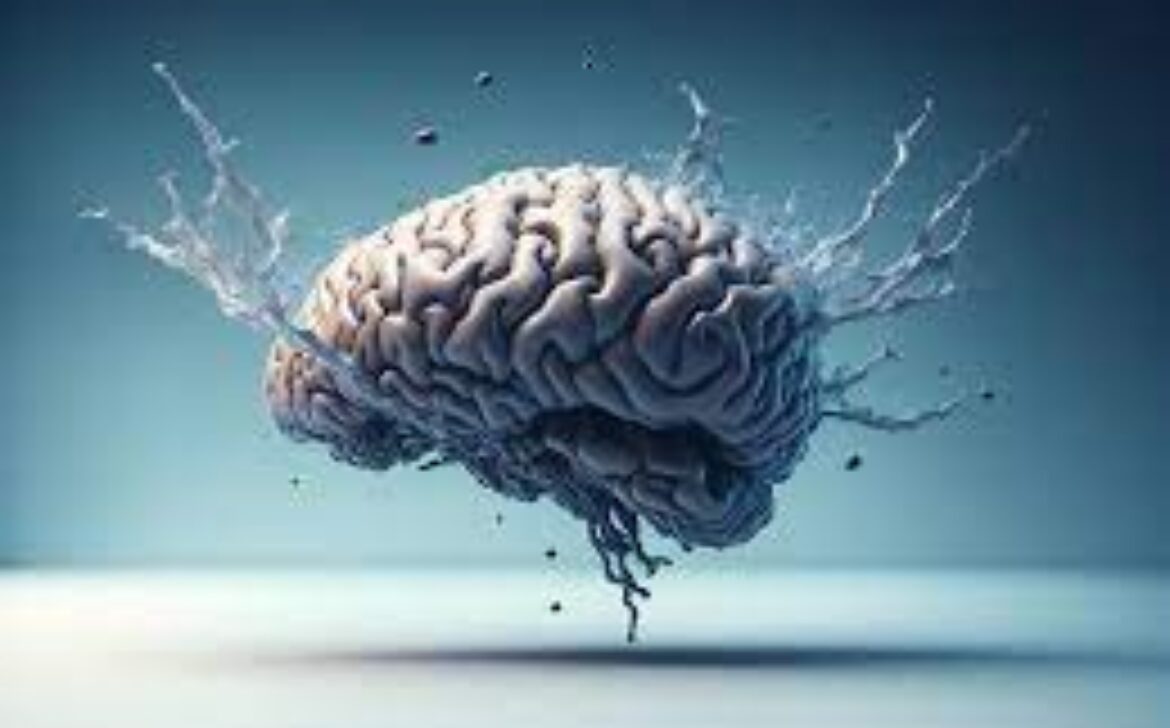Demystifying Data Science: The Art of Turning Data into Insights
In today’s data-centric world, the ability to harness the power of data is a game-changer for businesses, researchers, and decision-makers across industries. Data Science, an interdisciplinary field at the intersection of statistics, computer science, and domain expertise, equips professionals with the tools to extract valuable knowledge from data. Let’s explore the core concepts and real-world applications that define the realm of Data Science.
Understanding Data Science
Data Science involves the process of collecting, cleaning, analyzing, and interpreting data to uncover valuable insights, trends, and patterns. It leverages statistical methods, machine learning algorithms, and data visualization techniques to transform raw data into actionable information.
Predictive Analytics and Machine Learning
One of the key pillars of Data Science is predictive analytics. By building models based on historical data, Data Scientists can make predictions about future outcomes. Machine learning algorithms play a central role in this process, enabling businesses to forecast customer behavior, optimize processes, and enhance decision-making.
Data Analysis and Visualization
Data Science thrives on data exploration and visualization. Tools like Python, R, and specialized software help Data Scientists analyze data sets of various sizes and complexities. Data visualization techniques, such as charts and graphs, make complex data accessible and understandable, aiding in effective communication of findings.
Big Data and Scalability
The era of Big Data has ushered in the need for scalable solutions. Data Science tackles the challenges of processing and analyzing vast amounts of data efficiently. Technologies like Hadoop and Spark have become integral to handling Big Data and extracting meaningful insights.
Real-World Applications
Data Science finds applications across diverse domains. In healthcare, it aids in disease prediction and personalized treatment. E-commerce platforms use it for recommendation systems, while financial institutions rely on it for fraud detection and risk assessment. Data-driven marketing strategies and autonomous vehicles are just a glimpse of the possibilities.
Ethics and Responsible Data Use
As the volume and importance of data continue to grow, ethical considerations are paramount. Data Science professionals must adhere to responsible data practices, ensuring privacy and avoiding bias in algorithms to maintain trust and transparency.
The Future of Data Science
The future of Data Science is promising. As data sources multiply and technology advances, the demand for skilled Data Scientists is on the rise. Emerging fields like explainable AI, quantum computing, and the Internet of Things (IoT) will further expand the frontiers of Data Science.

